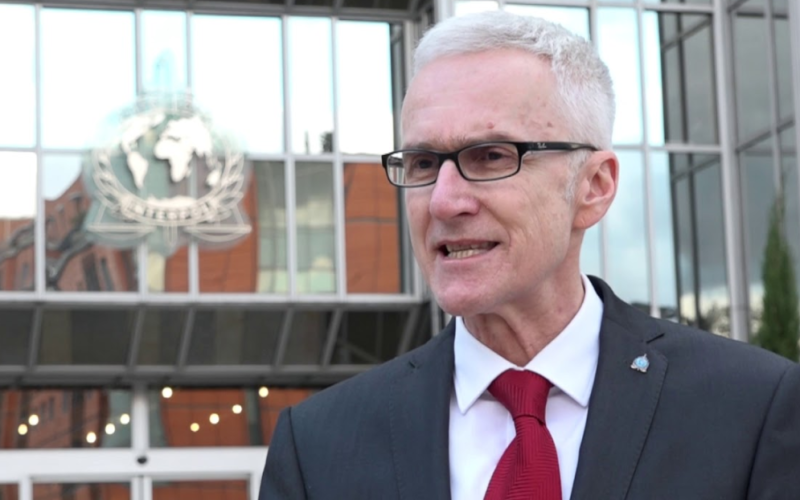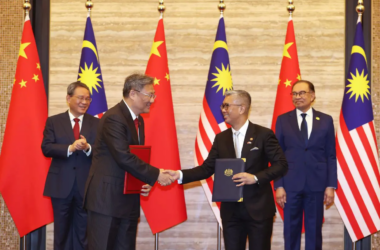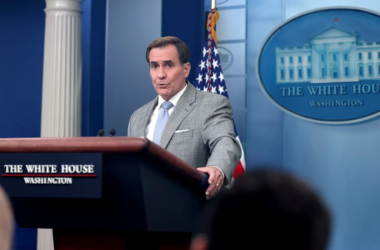Interpol’s Secretary General, Juergen Stock, acknowledged on Tuesday that while the organization has made significant strides in preventing the misuse of its “red notice” system, further improvements are limited for the time being. The red notice system allows a country to request the arrest of a suspect in another country.
Various rights groups, legal experts, and critics have long argued that countries like Russia and China exploit the red notice system for political purposes, leading to the arrest of political dissidents abroad.
Interpol, a global police coordination body with 195 member states, has implemented enhanced checks over the years to thwart abusive red notices. Presently, the organization screens all requests for red notices before issuing them, with over 10,000 notices issued annually.
In an interview with Reuters on the sidelines of Interpol’s annual General Assembly in Vienna, Secretary General Juergen Stock, a German national with another year left in his mandate after nine years in the role, expressed openness to additional measures. He stated, “If I got good advice, for example from NGOs, on what else I can do, I would implement that.”
While Stock did not single out specific countries, he noted that approximately 2% to 3% of red notices are problematic, with the majority related to serious criminal offenses such as murder, rape, and drug smuggling. He acknowledged that mistakes have occurred but emphasized the overall robustness of the system.
Although Stock refrained from naming individual countries, he identified Russia as a major offender, echoing long-standing accusations from rights groups about Moscow’s extensive misuse of the red notice system.
Despite geopolitical tensions and the absence of an international definition of terrorism, Stock emphasized that Interpol is adapting to the evolving global landscape. He mentioned the organization’s efforts to monitor the situation in an increasing number of languages and hinted at the potential role of artificial intelligence (AI) in the future. Stock stated, “Maybe AI will help in the future. We are now also working on implementing AI solutions that are helping us in that monitoring. So the process is continuing, but the major cornerstones are established.”








